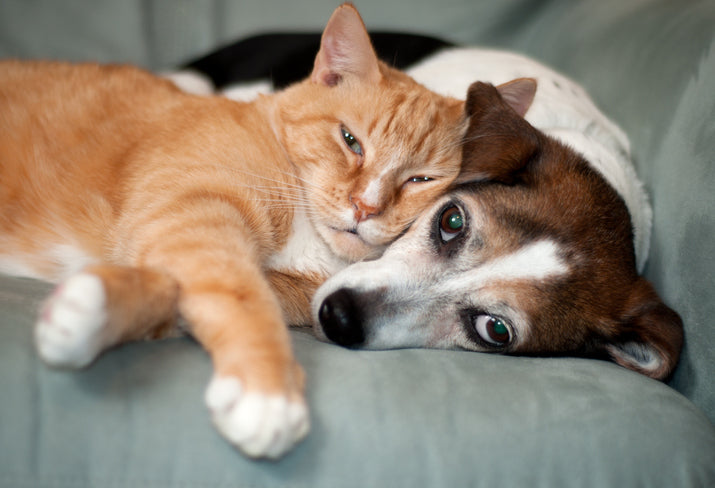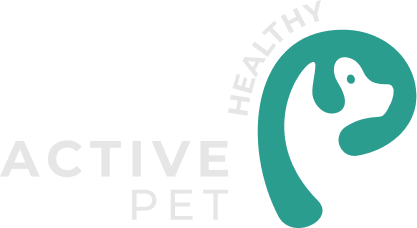
Foods You Should NEVER Feed Cats
It is really important not to feed your cat foods that can make them sick
Clare Kearney is our animal nutritionist and is well known and respected in the pet nutrition field. Below she shares what we should know about foods that are dangerous to cats - read it and save it!

1) Grapes and sultanas: despite being the perfect treat size, grapes and grape products are toxic as they can cause kidney damage.
2) Macadamias: while nuts are generally safe in moderation, macadamias are the exception and can cause nausea, vomiting and muscle weakness.
3) Onions: unlike garlic, which is perfectly safe in moderation, onions should never be fed. This is due to a compound called thiosulphate that can cause haemolytic anaemia.
4) Chocolate: a commonly known no-no for dogs, chocolate contains the toxin theobromine, which is equally toxic for cats, they’re just less likely to consume it because they have very weak sweetness receptors. Chocolate also contains caffeine and sugar, neither of which are good for cats either.
5) Xylitol or Birch sugar: an increasingly popular sugar substitute, xylitol is highly toxic to cats and can quickly cause liver damage if ingested.
6) Alcohol and caffeine: this one is a bit of a no brainer, but always keep alcoholic or caffeinated food and drinks out of reach of your puss.
7) Essential oils: not food exactly, but always be careful if you use essential oils and other fragrances around your cat. Cats are very sensitive to inhaling these scents and can become very unwell if they are unable to leave a space containing them. Never apply fragrances directly to your cat.

Surprisingly safe foods (in moderation)
1) Avocado: this fatty fruit almost always ends up on unsafe food lists due to a toxin called persin. However, persin is present almost entirely in the leaves, peel and stone of the avocado plant, not the nutritious flesh, which may be fed in moderation as a treat if your cat likes it.
2) Garlic: another common toxicity myth, garlic is therapeutic in small amounts and is highly unlikely to ever cause anaemia due to the enormous amount that would need to be consumed in order for this to happen. A touch here and there won’t do any harm.
3) Dairy: contrary to popular belief, not all cats are lactose intolerant. Some are, like some humans are, and obviously in this case it should be avoided. Skip the bowls of milk, but a little cheese treat or the probiotic goodness of fermented dairy won’t do any harm if your cat digests dairy without distress.
4) Mushrooms: this is maybe the weirdest myth, because when people say “mushrooms” are toxic, they mean the same mushrooms that are toxic to everyone. Poisonous mushrooms. Don’t feed your cat poisonous mushrooms, or any other poisons please. Button mushrooms are perfectly safe and medicinal mushrooms are a wonderful addition.
5) Fruits and vegetables in general: it’s absolutely correct that cats are obligate carnivores and don’t require carbohydrates in their diet, but in small amounts they can offer some benefits. Some cats may actually do better with some suitable carbs in their diet if they are accustomed to a very high fibre, processed diet.
6) Herbs: some herbs can cause issues if ingested in very large quantities, such as cloves or nutmeg, but generally common herbs like cinnamon, turmeric and ginger are perfectly safe and even therapeutic in very small quantities like they appear in our recipes.
- FAQ's on raw feeding
- FAQ's on Healthy Active Pet
- What is in commercial pet food
- Why good nutrition is important
Check out our 4 week cat challenge that will put your cat on the right track

